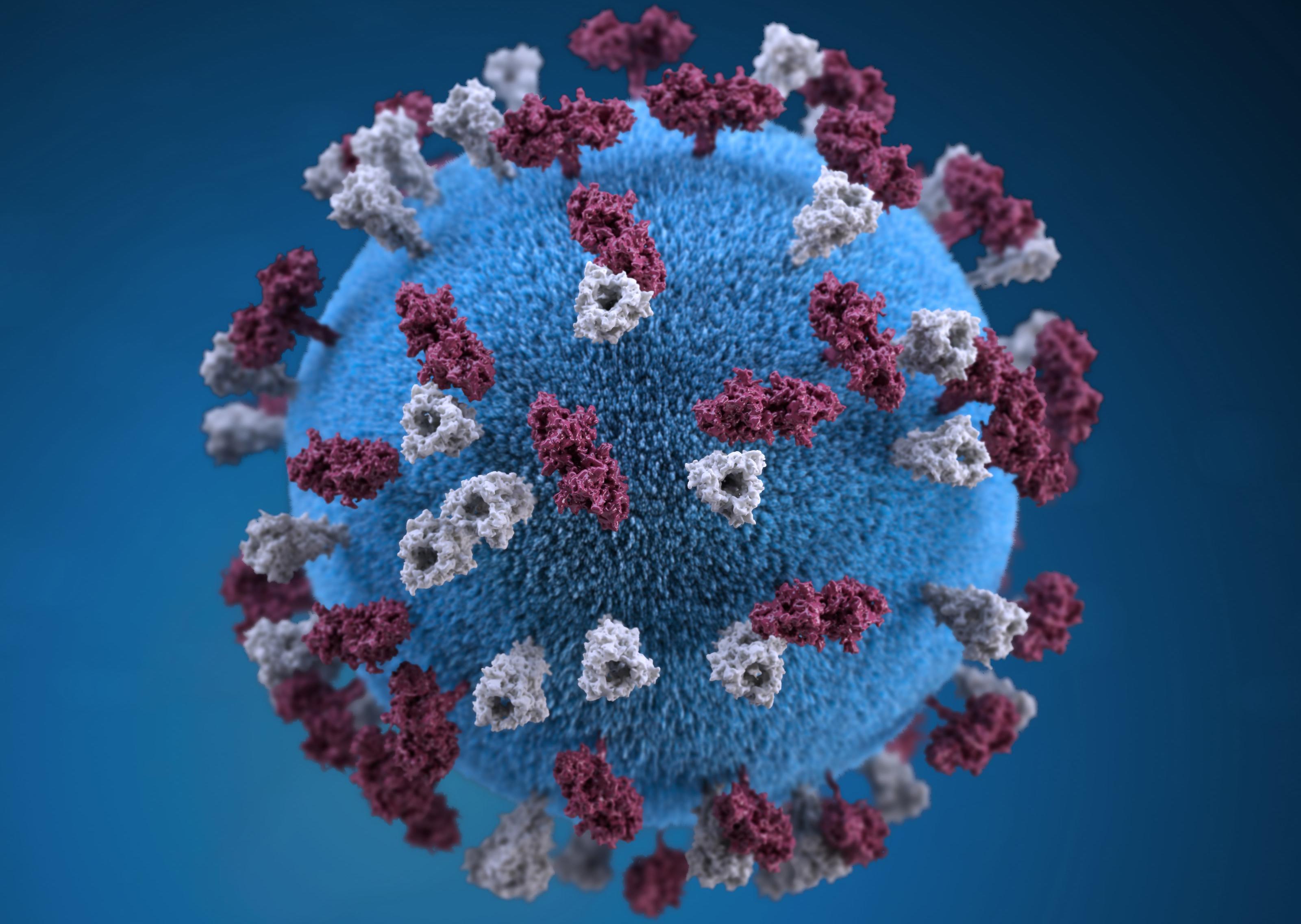
Invest in the overlooked and unsung: build sustainable people-centred long-term care in the wake of COVID-19
Over these past three months, since the first cases were reported, the WHO Regional Office for Europe has worked around the clock to support countries prepare and respond to COVID-19. As part of this support we have sent teams into countries to offer on-the-ground support and guidance. One such country was Spain. Last week, WHO/ECEH received a report from our second mission to the country that indicates an encouraging decline in new COVID-19 cases. Greater testing availability, intensive care unit capacity and preventive distancing measures have resulted in Spain being able to carefully ease restrictions.
Every signal that the virus is being controlled, managed, mitigated is a good signal. However, WHO's message remains one of caution.
Complacency could be our worst enemy at this time. We cannot permit ourselves to believe we are secure and safe. Any steps to ease social and physical distancing measures MUST be carefully considered and gradually undertaken. The public must understand the inherent risks as governments, understandably, try to release the steam building up in societies and pressing our respective economies.
This is not an ‘exit’: there is no fast track to the new normal. The question is not whether there will be a second wave. The question is whether we will take into account the biggest lesson so far, namely to work between waves to strengthen readiness and surge for worst case scenarios. Any return to the new normal needs to be based on a risk assessment, needs to happen gradually and taking into account the WHO European Transition Framework presented to the ministers of health last Friday.
Almost 50% of the global burden of COVID-19 cases - over 1.2 million – are in the European Region. Sadly, over 110,000 people have lost their lives. New cases have increased by over a quarter, and deaths by a third.
Countries in the Eastern part of the Region (The Russian Federation, Turkey, Ukraine, Uzbekistan and Belarus) have seen increases in the rate of new cases over the past week. Last week our teams were in Belarus and next week we will send missions to Tajikistan and Turkmenistan.
Make no mistake, we remain in very turbulent water and will do so for some time.
Of the 10 countries across the globe who have reported the highest number of new cases in the past 24 hours, 6 are in the European Region.
WHO/ECEH calls on all countries to keep a firm grip on the strategies that we know work to halt this virus – identifying, isolating, testing, tracing contacts and quarantining – whilst constantly monitoring the effectiveness of the measures in place.
Read full article here.